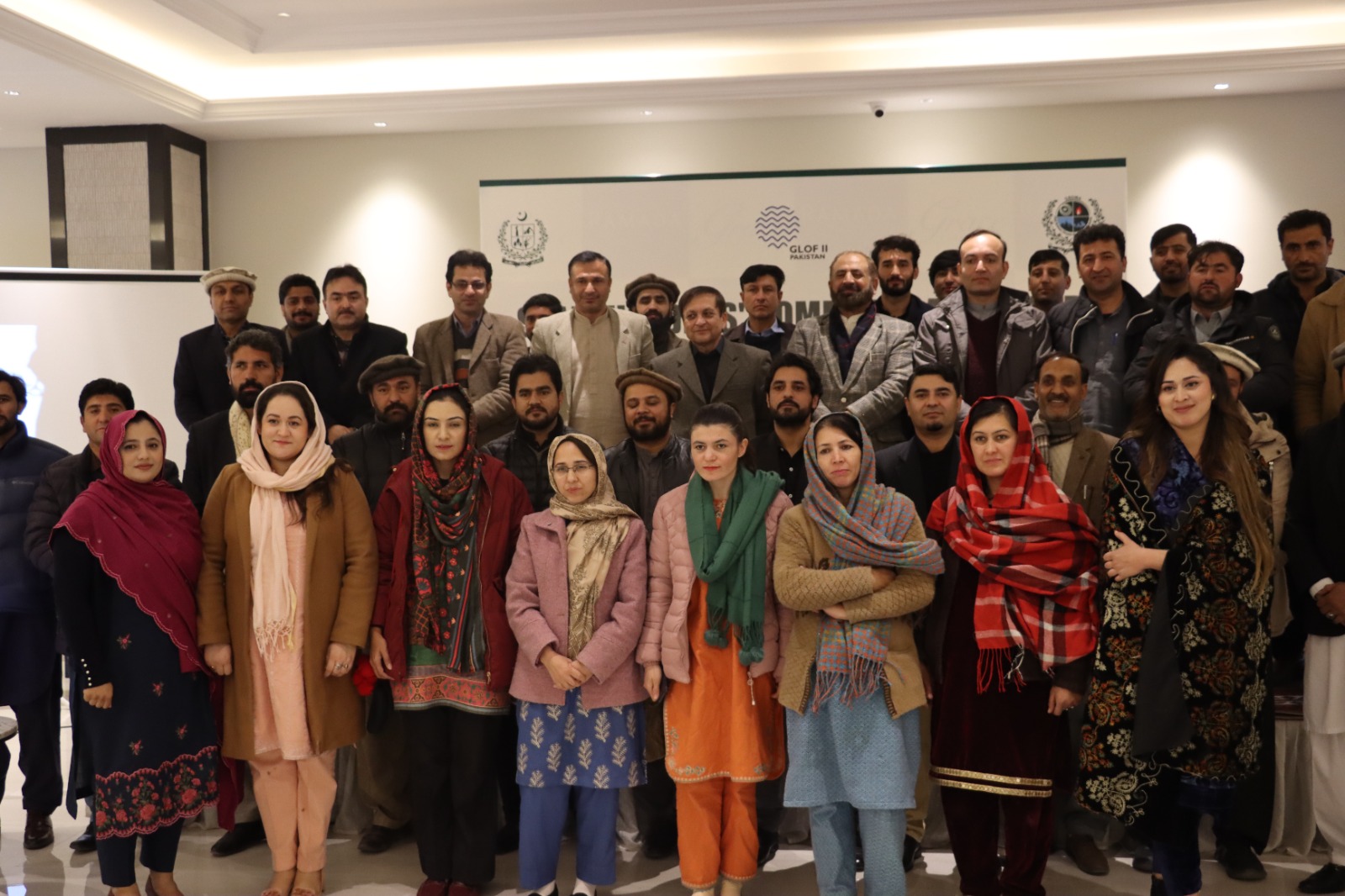By: Ali Akhtar Abbas, MS Scholar, Muslim Youth University, Islamabad
The Indian Ocean, one of the world’s vital strategic waterways, shapes global geopolitics. With its vast area and strategic location, the region has become a hothouse of political, economic, and military activities. In this context, Pakistan’s maritime potential has gained crucial attention, as it stands at the crossroads of major sea routes, offering enormous opportunities and challenges. This article deals with the geopolitics of the Indian Ocean and highlights Pakistan’s maritime potential and its role in the growing regional dynamics.
The Indian Ocean has witnessed a shift in global power dynamics as vital players seek to secure their interests and exert influence in the region. Rising economic giants like China and India have extended their presence, fostering competition and cooperation in different domains. Moreover, regional security challenges, including piracy, terrorism and territorial disputes, have further heightened the geopolitical complications.
Pakistan offers enormous maritime potential with an extensive coastline of almost 1,050 km. The country’s strategic location at the mouth of the Persian Gulf, alongside critical sea-lanes of communication, offers it a unique advantage. Gwadar Port, a flagship project under the China-Pakistan Economic Corridor (CPEC), has become a focus due to its potential to transform regional trade dynamics. Once fully developed, Gwadar Port will offer an alternative route for global maritime trade, bypassing the congested Strait of Malacca.
Additionally, Pakistan’s maritime potential goes beyond its strategic location. The country holds rich offshore resources, including hydrocarbons and fishery reserves, which can contribute considerably to its economy. By leveraging these resources, Pakistan can augment its energy security and boost the fishing industry. Moreover, developing maritime infrastructure, including ports and shipping facilities, can attract foreign investment, stimulate trade, and create employment opportunities.
Pakistan’s maritime domain also presents security imperatives that need to be addressed. The country encounters challenges such as smuggling, piracy, and the threat of non-state actors using the sea for illegal activities. Strengthening maritime security apparatus, including naval capabilities, surveillance systems, and international cooperation, is vital to guarantee the safety of maritime trade routes and protect national interests. Pakistan’s navy, equipped with modern warships, submarines, and aircraft, is crucial in safeguarding national interests and maintaining regional stability. As the Indian Ocean becomes more challenged, Pakistan’s naval power projection becomes increasingly substantial. The Navy’s presence guarantees freedom of navigation, combating maritime terrorism, and participating in international efforts against piracy.
Moreover, recognizing the magnitude of regional cooperation, Pakistan has keenly engaged with other coastal states and regional organizations. Initiatives such as the Indian Ocean Naval Symposium (IONS) and the Regional Maritime Security Patrols have allowed dialogue and coordination on maritime security challenges. Furthermore, Pakistan’s participation in multi-national naval exercises strengthens its relationships with other navies and promotes interoperability.
The Indian Ocean’s evolving geopolitics present both opportunities and challenges for Pakistan. The country’s strategic location, with its vast coastline and marine resources, gives excellent potential to contribute to regional trade, economic development, and security. Pakistan must leverage its maritime advantages by investing in infrastructure, improving naval capacities or capabilities, and encouraging regional cooperation. By doing so, Pakistan can expand its marine potential and abilities, safeguard its interests, and play a proactive role in shaping the evolving dynamics of the Indian Ocean region.

 Daily Mountain Gilgit Baltistan News Website News website of Daily Mountain Gilgit Baltistan
Daily Mountain Gilgit Baltistan News Website News website of Daily Mountain Gilgit Baltistan



